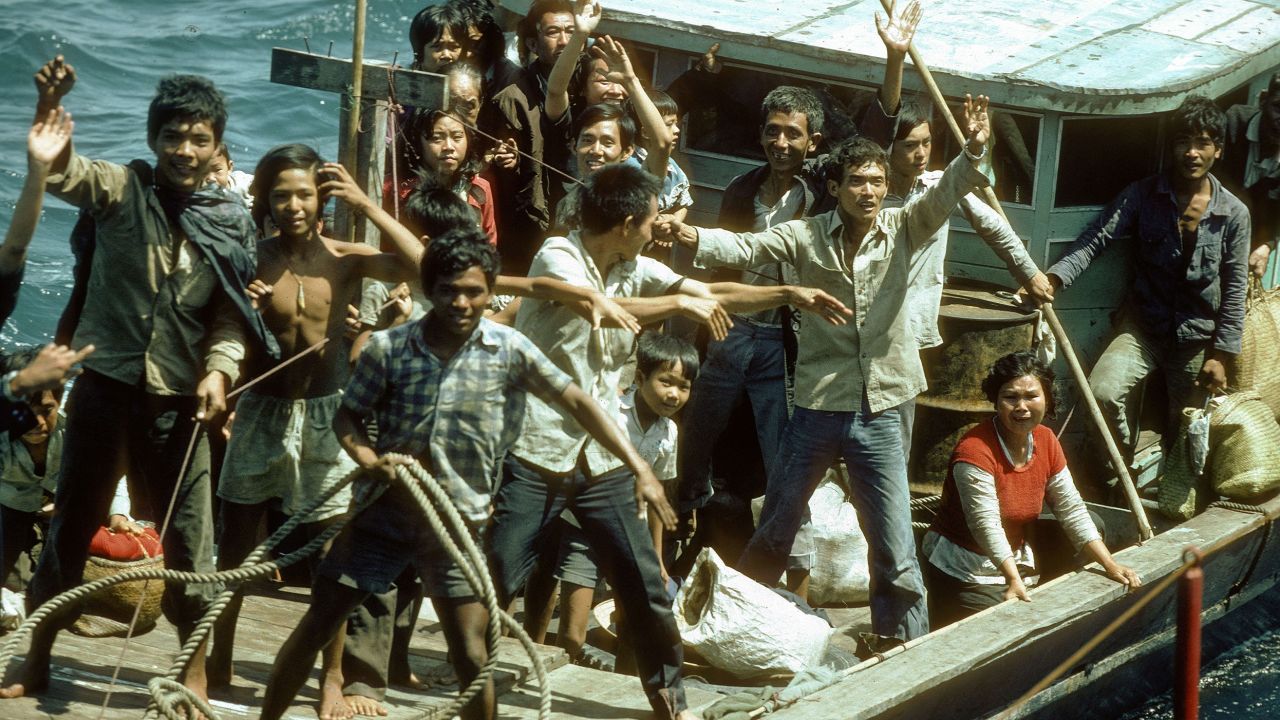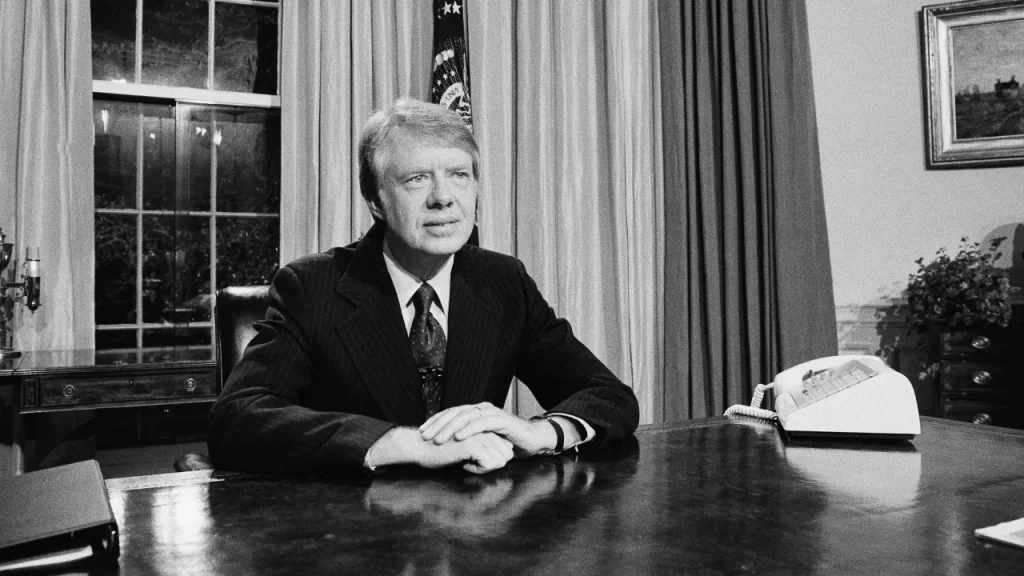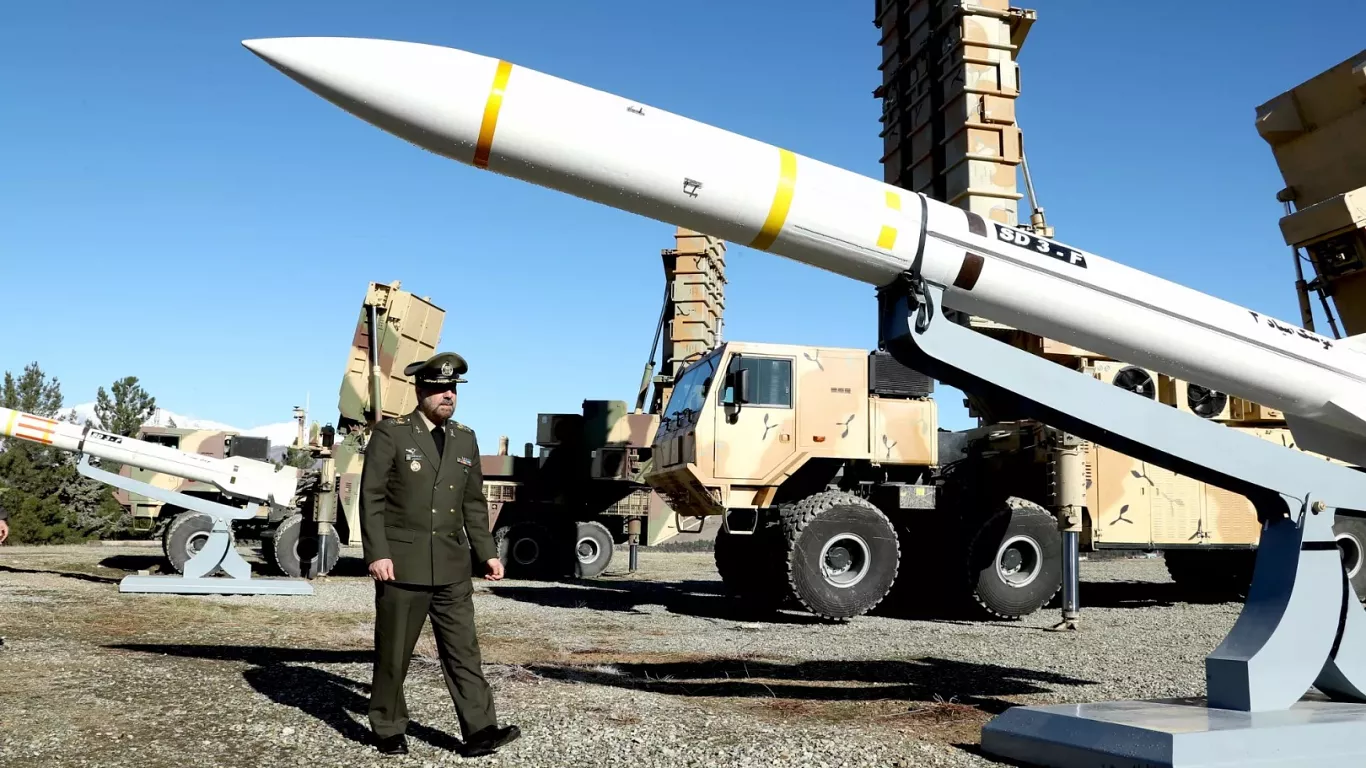A significant part of Jimmy Carter’s legacy hasn’t gotten much attention, even amid the recent outpouring of tributes to the 39th US president after he entered hospice care.
These steps Carter took during his presidency are still shaping the United States, decades after he left office. But they didn’t help him at the polls.
Because of Carter’s actions, hundreds of thousands of people fleeing persecution had a chance to come to the United States when he was commander-in-chief. And millions more resettled in the US after he left office.
“He was well aware of the political cost,” says Carter biographer Kai Bird, author of “The Outlier: The Unfinished Presidency of Jimmy Carter.” When it came to taking on tough issues, Bird says, Carter didn’t shy away from doing what he thought was right.
And that’s where Carter found himself in the summer of 1979, making a decision that went against what polls said that most Americans wanted.
Most Americans disapproved. Carter still took this step
The scenes from the other side of the world were devastating.
Hundreds of thousands of people fleeing government oppression in Southeast Asia were taking to the sea, and many were drowning as they tried to escape.
A crisis that began before Carter took office was becoming increasingly dire by the day. In 1978, Carter ordered American ships to pick up refugees fleeing by boat. A year later, the exodus had only intensified.
And as world leaders met to discuss top issues facing their countries, Carter took a dramatic stand, announcing the US would double the number of refugees accepted monthly from the region from 7,000 to 14,000. The move, according to news reports at the time, was aimed at pushing other countries to take similarly significant steps.

Many of the refugees who left Vietnam in the years after Saigon fell fled on boats and found safe harbor, like the group pictured here in 1978. But thousands did not survive the journey.Fred Ihrt/LightRocket/Getty Images
It was not politically popular. As writer Thu-Huong Ha noted in a 2016 piece for Quartz, a poll from CBS and The New York Times showed that 62% of Americans disapproved. And a Gallup poll indicated 57% of Americans were opposed to the US relaxing its immigration policies for refugees from the region.
Carter did it anyway.
Enter your email to sign up for CNN’s «Meanwhile in China» Newsletter.
“We are prepared to act with the compassion that has traditionally characterized the United States when confronted with such situations of human crisis,” Carter said in a statement released by the White House as he announced the new policy. “Thousands of human lives are at stake.”
She says her family found freedom because of Carter’s ‘political courage’
Bee Nguyen says it’s something her family never forgot.
“My mom is what you would consider apolitical. My father is conservative. … (President Carter) was the one political person that both my parents spoke about with respect and fondness, and still do to this day,” says Nguyen, a former Georgia state representative.
That respect, Nguyen says, was earned by actions that Carter took that changed the course of her parents’ lives.
Nguyen says her parents fled Vietnam by boat in 1978. A Thai fisherman rescued them, she says, and they spent months in refugee camps in Thailand.
“My parents, they risked their lives. They left a country in which they experienced the loss of civil liberties, in which my father was incarcerated by his own government. And they were in search of freedom,” Nguyen says.
They found it in Iowa, where they moved in 1979.
“They were only able to do so because of the political courage exercised by President Carter,” she sa
Nguyen was born a few years later, and she says what she heard about Carter growing up – and about Iowa’s then-governor, Republican Robert Ray, who also made a point of welcoming refugees – shaped her own views about America.
Over the years, Americans’ views on their responsibilities toward refugees have fluctuated. Last year 72% of Americans said taking in refugees from countries where people are trying to escape violence and war should be a very or somewhat important goal for US immigration policy, according to a Pew Research Center survey, but opinions varied widely by party, race and ethnicity.
To Nguyen, the stand Carter and other politicians took is just as important today as it was when her parents first arrived.
“It’s important for us to learn as a country, to remember and understand that we as a nation from a values perspective and by law … we promised as a nation to be a safe harbor for people who are fleeing, for people whose lives are in danger,” she says.
Carter’s fateful decision that summer of 1979 wasn’t the only step he took in that direction.
Carter signed a law that paved the way for millions of people to come to the US
On the frigid day when Faith Akovi Cooper first set foot in the United States with her mother and siblings, Carter was no longer in office. But she says she sees a direct connection between the former US president and the life she’s led since that day in January 1993.
Back then, she was a refugee who’d fled war in Liberia. And thanks to a law Carter signed, the Refugee Act of 1980, her family was able to move to Reston, Virginia.
The law, signed by President Carter in March 1980, created the framework that’s used to help those fleeing persecution around the world seek a better life in the United States.
“My family is here today as a result of that act,” Cooper says. And now, as the International Rescue Committee’s regional director for resettlement, asylum and integration in the Southern US border region, she says she’s even more aware of how vast the law’s impact has been.
“Millions of people have had the chance to rebuild their lives in the United States,” Cooper says.

This family photo taken in Liberia shows Faith Akovi Cooper, right, and her mother, Abena Clement. Cooper says all the mementos from her childhood were lost when her home was destroyed during Liberia’s civil war, but a family member gave her this photo shortly after she arrived in the United States.Courtesy Faith Cooper
She was one of them. Rebuilding her life in the US included pursuing a career in global health and eventually going on to work for a leading refugee resettlement organization.
More than 3 million refugees have come to the United States since 1980, including such well-known figures as actor Mila Kunis, singer Regina Spektor and Democratic Rep. Ilhan Omar.
“Millions are taxpaying Americans who have contributed greatly to our communities and to our economy,” Carter said in a 2021 statement commemorating the act’s anniversary.
More than 125,000 refugees from Southeast Asia had fled to the US in the immediate aftermath of Saigon’s fall, and even more would come during Carter’s presidency. While fewer refugees came to the US annually after Carter left office, the country’s refugee resettlement program created by the 1980 act became a sought-after pathway.
CNN









